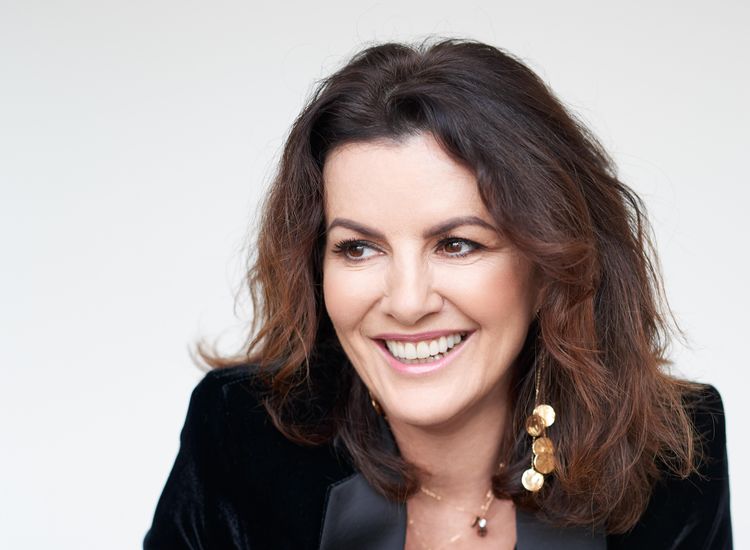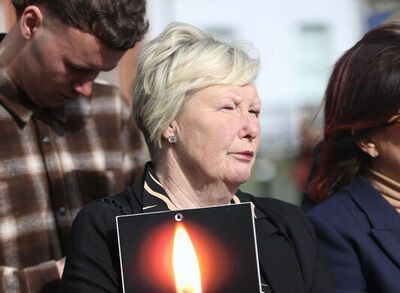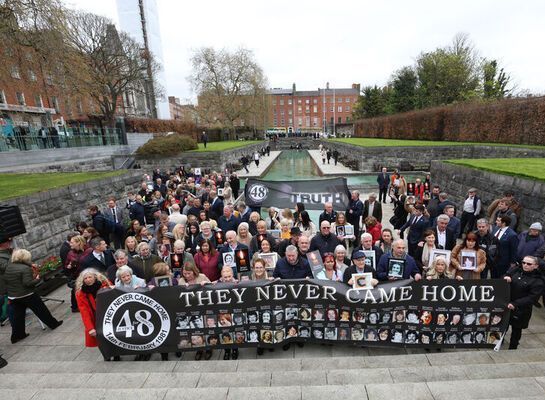BOOKS/Peter McDermott
David Talbot's "Brothers: the Hidden History of the Kennedy Years" found a great many admirers after it was published three years ago. They were taken with its enthralling account of the 1960s, which has a particular focus on the institutional opposition that the 35th president and his brother faced in pursuing their policies.
At one point in the narrative, Talbot expresses frustration at the lack of consensus about the administration's record on one key issue. He writes about a 2006 seminar on the subject of Vietnam that took place at the Kennedy Library. Henry Kissinger was among the distinguished panelists as was Jimmy Carter, who recalled that as a non-politician peanut farmer it was his understanding that Kennedy made the commitment to go to Vietnam. Only a stroke-impaired Theodore Sorenson, JFK's speechwriter, challenged that view, saying his boss listened to the hawks but never followed their advice. Talbot says: "But even here, at the Kennedy Library, with the president's daughter sitting in the audience, Sorenson's points seem to get lost." He quotes with disgust from a biography by Robert Dallek: "I think the issue of how JFK would have acted differently than LBJ [in Vietnam] is something that will never be settled but intrigues biographers."
Talbot says that in fact there is a considerable body of work that makes Kennedy's intentions clear on Southeast Asia. Add to that the testimony of key officials, particularly Robert McNamara, who had backed the president's position only to change his mind under his successor.
After the publication of "Brothers" comes the revelations of another key Kennedy appointee strongly identified with the war, ex-National Security Advisor McGeorge Bundy. In 1995, scholar Gordon M. Goldstein was hired to help the former official write a book about Vietnam, but Bundy died the following year. Goldstein went ahead, with the family's permission, and wrote "Lessons in Disaster: McGeorge Bundy and the Path to War in Vietnam." It came out last fall.
In an essay in the current issue of the New York Review of Books [June 10, 2010] William Pfaff, the author of nine books on foreign policy, says: "Goldstein's book should settle for good the controversy over whether President Kennedy, had he not been assassinated, would have enlarged the war or would have withdrawn the still-limited number of troops."
Explains Pfaff: "President Kennedy had repeatedly asserted privately that a guerrilla war could not be won by foreign troops, even in large numbers. Eventually, foreign troops go home, he said; the guerrillas stay. No lasting 'victory' is possible for the foreigners."
The president was influenced, too, by the views of General Douglas McArthur, who believed that the Americans, even if they deployed a million troops, would be outnumbered on every side in Asia.
JFK was duped about but proven right by the Bay of Pigs fiasco, says Pfaff, which was something that gave him confidence in resisting pressure from the Republican opposition, the Pentagon, his own advisors, the foreign policy establishment and the media.
A factor these days with regard to the last group is "a radio and television that are partisan and ideological to a degree unthinkable - and indeed which would have been illegal in Kennedy's time, when the FCC required an overall impartiality in network news broadcasting."
Pfaff's fascinating review essay makes the inevitable comparisons with today's situation in Afghanistan, although that might be something of a contradiction given that he's discussing a president's intentions only becoming clear decades after the fact.











